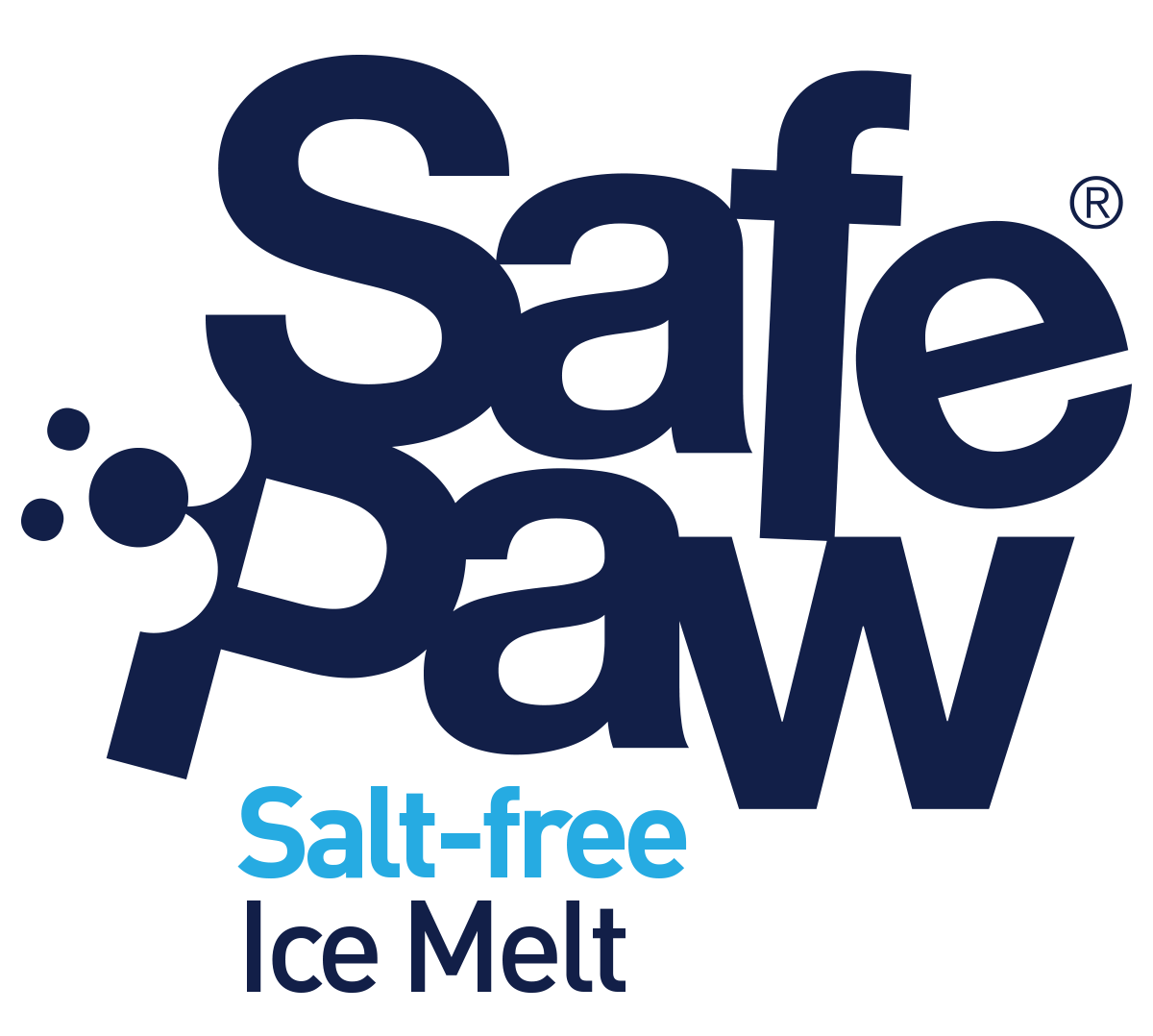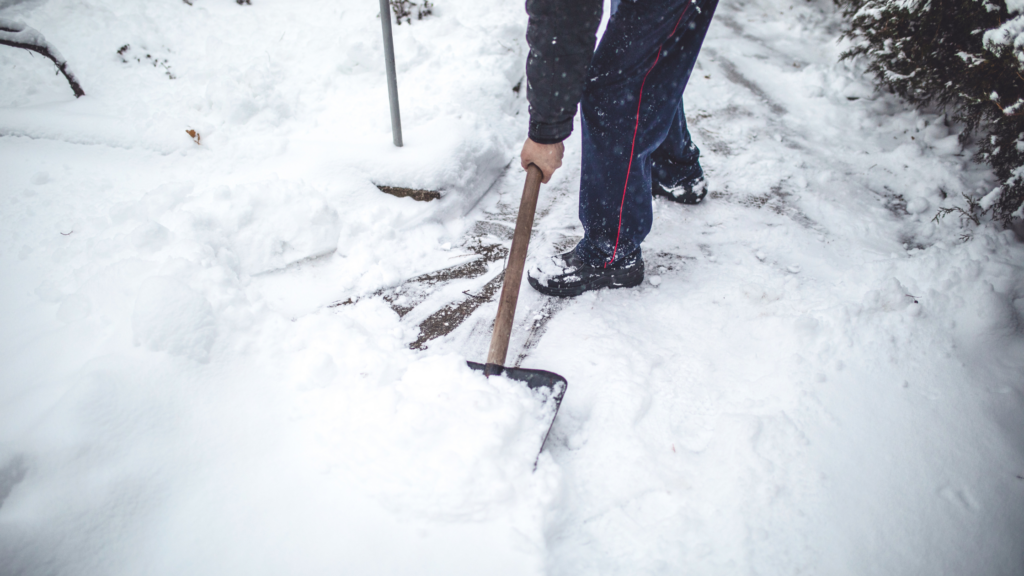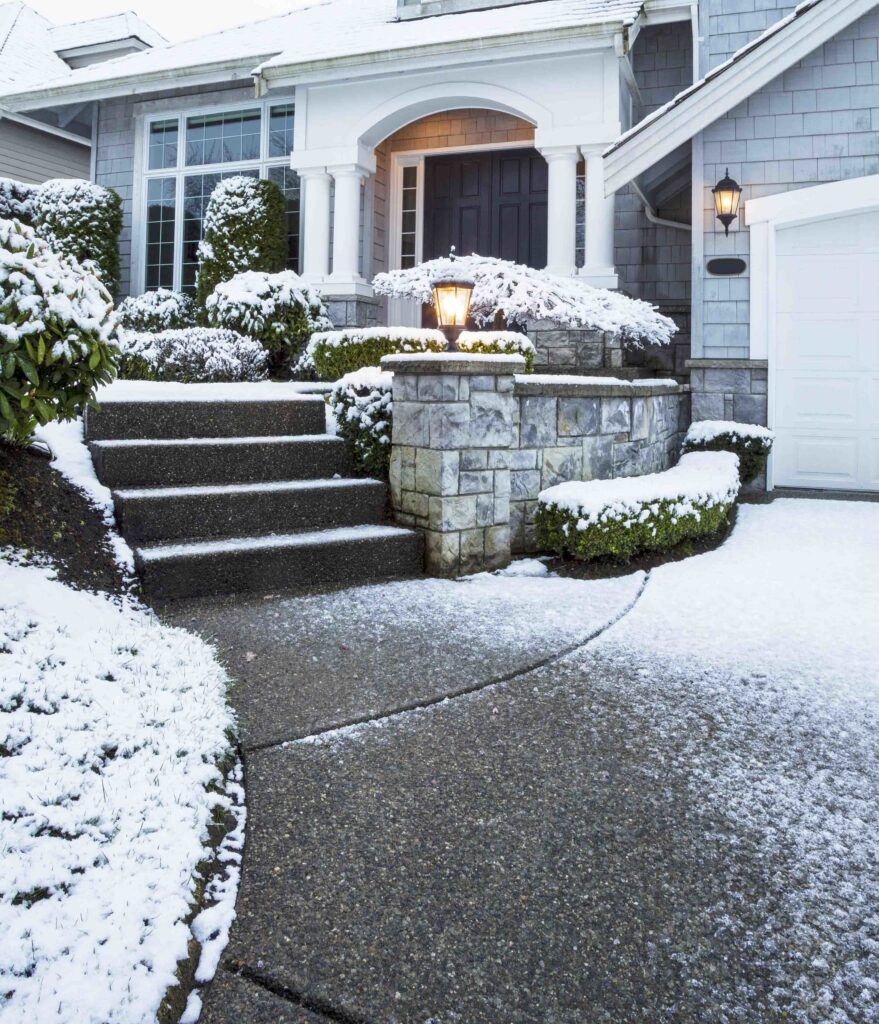Winter presents a significant challenge for maintaining safe, ice-free driveways and sidewalks. While de-icing products are essential for safety, the wrong choice can lead to substantial damage to your concrete surfaces. This article explores the reality behind the concept of “salt safe for concrete” and whether truly concrete-friendly options exist. It also examines alternative solutions like ice melt for concrete and provides actionable advice for homeowners.

Table of Contents
Understanding the Effects of Salt on Concrete Surfaces
Traditional de-icing salts, such as sodium chloride (rock salt), are among the most common solutions for melting ice. However, their interaction with concrete is far from benign:
- Freeze-Thaw Damage: Sodium chloride allows melted water to penetrate concrete’s pores. When the water refreezes, it expands, causing cracking and spalling (surface scaling).
- Chemical Corrosion: Calcium chloride, often marketed as a more effective alternative, accelerates freeze-thaw cycles and can chemically degrade concrete over time.
- Metal Reinforcement Damage: For concrete reinforced with steel, salts promote rusting of the rebar, which weakens the overall structure.
The cumulative effect is a shorter lifespan for concrete surfaces and higher repair costs, making it essential to choose the right de-icer.
Evaluating Claims of ‘Concrete-Safe’ Salts
Products marketed as “salt safe for concrete” are often touted as a solution to these issues. But do they live up to their claims?
- Chemical Composition: Some products use magnesium chloride or blends with calcium magnesium acetate (CMA), which are less corrosive than traditional salts. However, they can still cause surface damage over time, particularly in poorly sealed concrete.
- Temperature Range: Many “concrete-safe” products are only effective down to moderate temperatures, limiting their reliability in harsh winter conditions.
- Misleading Marketing: While these products may slow down damage compared to traditional salts, no chemical de-icer is entirely free of risks to concrete when misused or over-applied.
Alternative De-Icing Solutions to Protect Concrete
To truly protect concrete surfaces, homeowners need to consider non-corrosive and chloride-free solutions:
- Calcium Magnesium Acetate (CMA): CMA is biodegradable and less harmful to concrete. However, it is more expensive and may not be effective in extreme cold.
- Sand or Grit: While not a de-icer, these materials improve traction and help prevent slips without damaging concrete.
- Salt-Free Products Like Safe Paw: Safe Paw’s 100% salt-free and chloride-free formula ensures zero harm to concrete, pets, or the environment. It is effective at temperatures as low as -2°F (-19°C), making it a reliable choice for harsh winters.
Best Practices for Applying De-Icers on Concrete Surfaces
Even with safer products, proper application techniques are critical to minimize damage:
- Pre-Treat Surfaces: Apply de-icer before snowfall to reduce bonding between ice and concrete.
- Use Sparingly: Follow manufacturer guidelines to avoid over-application, which increases risks of residue and damage.
- Sweep Excess Product: After ice melts, sweep away leftover granules to prevent surface buildup.
- Seal Your Concrete: A quality sealant acts as a barrier, reducing the risk of water penetration and freeze-thaw damage.
https://www.youtube.com/watch?v=homY3Pi2lCo
Conclusion
The idea of “salt safe for concrete” is more nuanced than marketing suggests. While some products are less damaging than traditional salts, the safest options are those that avoid salt and chloride entirely, such as Safe Paw. By choosing a truly non-corrosive ice melt for concrete, homeowners can ensure the safety of their surfaces without compromising effectiveness or environmental health. This winter, prioritize long-term protection and opt for solutions that balance safety, reliability, and sustainability.


